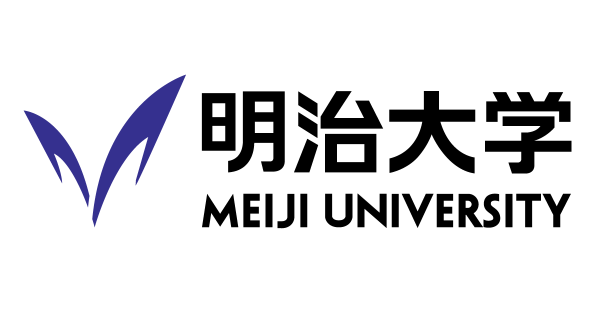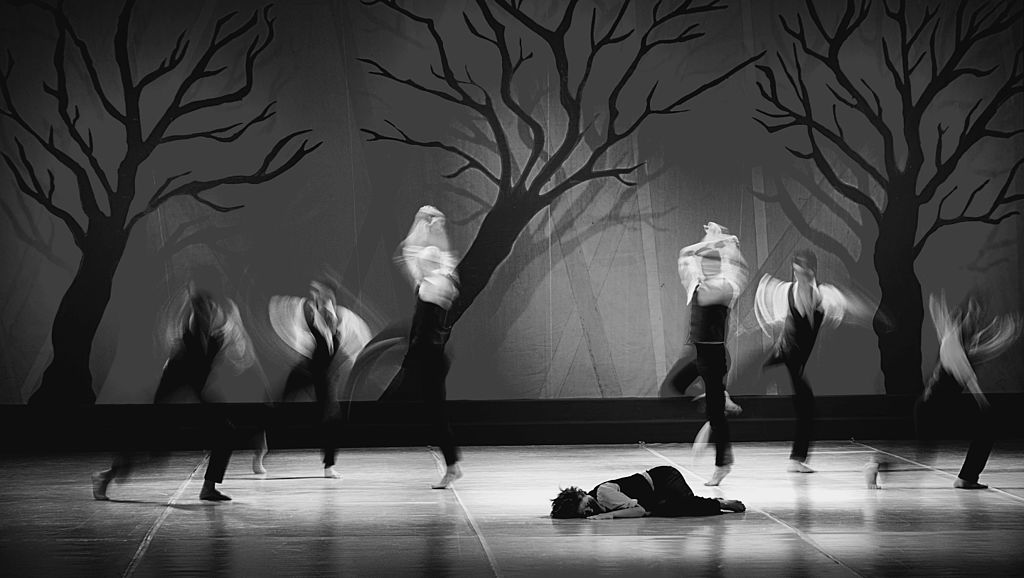Research and impact events aiming to interrogate the theory and practice of ‘intermediality’, that is, the interrelationships between different art forms and their signification.
Research strand leaders: Professor Marion Schmid and Dr Fabien Arribert-Narce
The aim of the strand is to bring together academics, research students and practitioners in the School of Literatures, Languages and Cultures and beyond, who are engaged in the study of intermediality, to foster exchange and initiate new collaborative projects. The research strand explores the interactions between art forms and media such as literature, film, photography, painting, music, dance and theatre across different periods and cultures. The intermedial phenomena studied include: film and the other arts; screen and theatrical adaptations; film music; word and image; ekphrasis; photoliterature; the graphic novel; modern screen cultures; art installations; design.
Each semester we organise a series of workshops, talks, film screenings, and/or interviews with artists, writers and other art practitioners. Several of these events will be organised jointly with Meiji University in Tokyo as part of our Research Partnership in Intermedia Studies, with academic workshops and impact projects held alternatingly in Edinburgh and Tokyo. Learn more about our research partnership with Meiji University in this interview with Dr Fabien Arribert-Narce and Matthis Hervieux (University of Edinburgh), and in this other interview with Professor Rumiko Oyama and Dr Alex Watson (Meiji University).
Our research and impact activities will often be student-led, and especially aimed at our vibrant and highly international community of postgraduate students (both MSc and PhD) working on intermedial topics. The events are conducted in close connection with the new MSc programme ‘Intermediality: Literature, Film and the Arts in Dialogue’ which was launched in September 2021, and with the PhD Intermediality programme launched in Autumn 2022. These trailblazing, highly interdisciplinary programmes offer students a unique opportunity to explore in-depth this buoyant field of studies while participating in the activities of our research strand.


